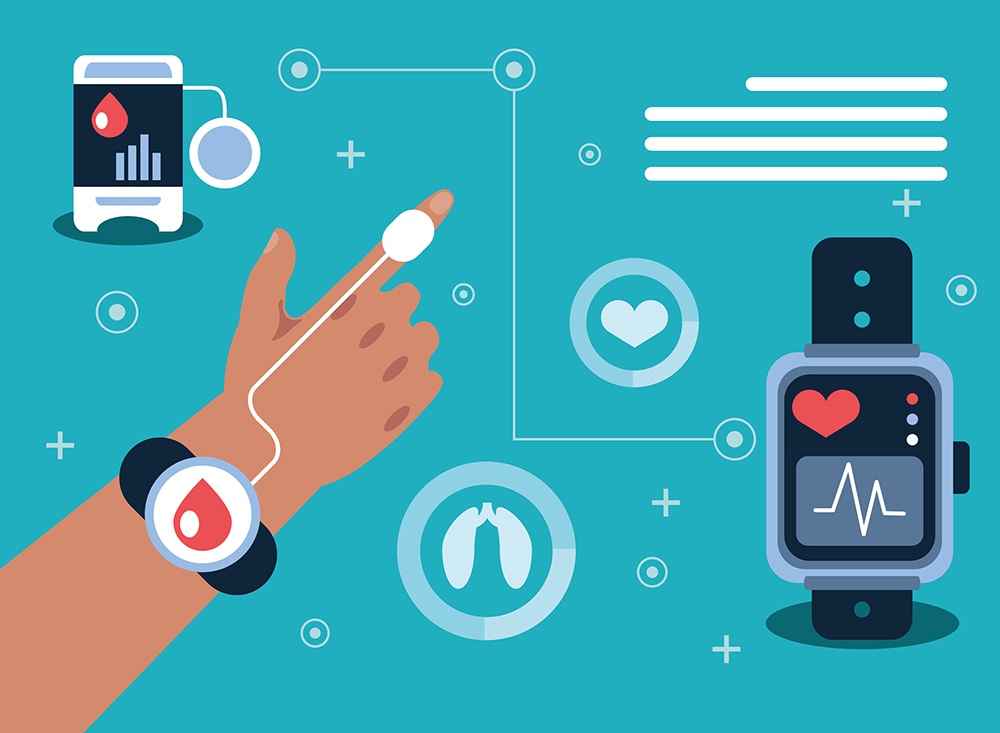Healthcare systems around the world are under unprecedented pressure. In a way, they’re victims of their own success: superior care has helped people to live for longer, which means that they demand more care later in life.
In coping with these demands, healthcare providers, including the NHS, have turned to a whole range of technological tools. Some of these are targeted toward patients with very specific needs, while others provide general benefits that are felt by everyone.
Technology and healthcare
To take one example, we might look at how remote monitoring has made it possible to observe a patient’s condition, and to intervene, even at a great distance. This means that patients who might otherwise be kept in hospital for further observation might be sent home. Video-conferencing tools might be used to stay in touch, while keeping ward capacity available for the patients who really need immediate attention.
We should also think about administration. Better record-keeping supports better healthcare: and digital technology allows for more accurate, up-to-date, and mobile records to be kept. Thanks to the proliferation of wearable ECG and heart-rate-monitoring devices, valuable data can even be collected by the patient, and acted upon later.
What about lifelong conditions?
Patients who are suffering from long-term illnesses will take up a disproportionate amount of resources from the healthcare system. Any efficiencies and improvements we can find here will therefore cause a significant amount of good!
Here’s where many technological developments have conferred significant benefits. Around forty per cent of the UK adult population is afflicted by chronic diseases like diabetes and heart failure, but these diseases account for around seventy per cent of healthcare expenditure.
These patients often suffer from a range of comorbidities, and so technology which identifies gaps in care, and analyses which patients are at greatest risk ahead of time, will mean reduced suffering from large numbers of people.
Healthcare and technology
In the future, we might see a healthcare industry which looks more like the technology industries of today. IBM have predicted an increased role for artificial intelligence, blockchain and cloud computing. Blockchain in particular is a technology with a lot of promise in keeping patient data anonymised and safe. This is an area where specialised technology lawyers can help us to identify and avoid risk.
It might be that we obtain more and more of our medical treatments via screens, rather than via in-person appointments. We’ve already had a large-scale trial of this sort of thing, thanks to the Covid-19 pandemic, and learned lessons about what works and what doesn’t. This experience will help us to shape a healthcare system that incorporates technology while still leaving room for human clinicians to do what they’re good at: namely providing care!





